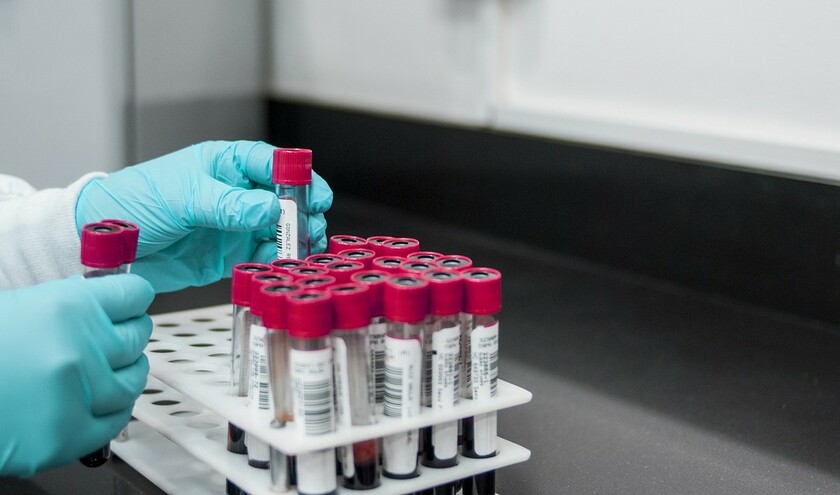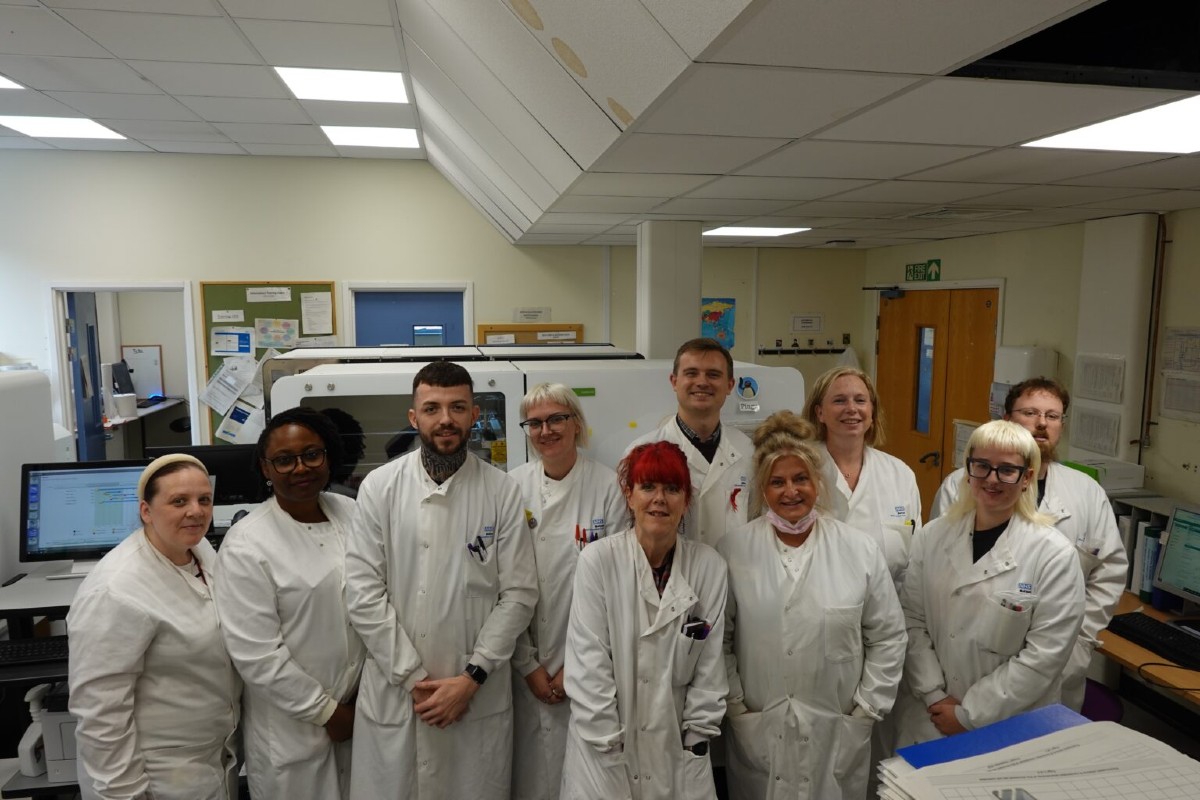The ADAPT (Alzheimer's Disease Diagnosis and Plasma pTau217) team, led by Professor Jonathan Schott and Dr Ashvini Keshavan from UCL Queen Square Institute of Neurology, is investigating whether a blood test that measures the protein p-tau217 can improve the early and accurate diagnosis of Alzheimer's disease.
The ADAPT team has assessed and validated the accuracy and performance of the p-tau217 blood test, which is established in the National Hospital for Neurology and Neurosurgery's NHS clinical laboratory, and is now running a clinical trial to demonstrate that the test is accurate, cost-effective, and suitable for integration into routine care across NHS memory services.
The study aims to recruit 1,100 participants through NHS memory services, which will include people from diverse geographic, ethnic and economic backgrounds, and those living with other health conditions, to ensure the findings are relevant and inclusive of the broader population.
The team will assess whether providing results earlier helps speed up diagnosis, guides decisions about further investigations, and influences how both patients and clinicians interpret and respond to the results.
Researchers will also assess the impact of blood test results on quality of life using a system called the EQ-5D-5L, a standardised instrument for measuring health-related quality of life, as well as healthcare costs, and their relevance to people from diverse ethnic backgrounds or with conditions like kidney disease.
The first ADAPT trial location began recruitment in Essex Partnership University NHS Foundation Trust in late August, with 19 additional specialist NHS centres planned across the UK.
Professor Jonathan Schott, of the UCL Queen Square Institute of Neurology and chief medical officer at Alzheimer's Research UK, said: 'After decades of research, we now have a blood test for Alzheimer's disease that is backed by strong scientific evidence and provides comparable information to other gold-standard diagnostic tests such as PET scans and lumbar punctures yet is far more accessible, and cheaper.
'Currently only about 2% of people diagnosed with Alzheimer's have access to one of these gold-standard diagnostic tests. While identifying Alzheimer's disease early and accurately is already important for enabling access to current therapies and planning care, it will become even more critical as a new generation of treatments emerge that can slow down the decline of memory and thinking. Timely diagnosis will be key to ensuring these advances reach the people who need them most.'
Dr Ashvini Keshavan, of UCL Queen Square Institute of Neurology, added: 'Our trial is not about confirming accuracy of the blood test, as we have already done this in prior research; rather, this is about showing that it actually makes a difference to patients and hopefully can help them to get a diagnosis sooner.'
Dr Sheona Scales, director of research at Alzheimer's Research UK, added: 'Today, one in three people with dementia do not have a diagnosis. The ADAPT trial is an important opportunity to change this and transform the way dementia is diagnosed across the UK. It shows how sustained investment in research is leading to breakthroughs in dementia.'



